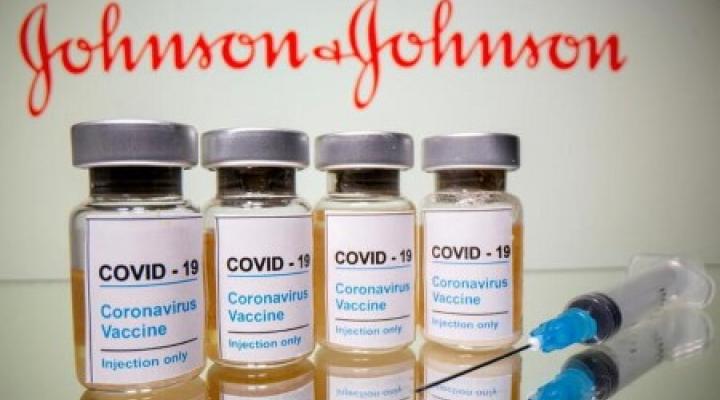New Delhi: Johnson & Johnson has announced its single-shot Covid-19 vaccine produces a strong response against the Delta variant of the virus.
The company has said data that demonstrated its single-shot COVID-19 vaccine generated strong, persistent activity against the rapidly spreading Delta variant and other highly prevalent SARS-CoV-2 viral variants.
A study of blood samples taken from eight inoculated people showed that the vaccine elicits neutralizing antibody activity over the course of at least eight months against all variants, including Delta, which was first detected in India.
“Today’s newly announced studies reinforce the ability of the Johnson & Johnson COVID-19 vaccine to help protect the health of people globally,” said Paul Stoffels, M.D., Vice Chairman of the Executive Committee and Chief Scientific Officer at Johnson & Johnson.
“We believe that our vaccine offers durable protection against COVID-19 and elicits neutralizing activity against the Delta variant. This adds to the robust body of clinical data supporting our single-shot vaccine’s ability to protect against multiple variants of concern,” he added.
Current data for the eight months studied so far show that the single-shot Johnson & Johnson COVID-19 vaccine generates a strong neutralizing antibody response that does not wane; rather, we observe an improvement over time. In addition, we observe a persistent and particularly robust, durable cellular immune response,” said Mathai Mammen, M.D., Ph.D., Global Head, Janssen Research & Development, Johnson & Johnson.
The company said the single-dose vaccine was 85% effective against severe or critical disease and demonstrated protection against hospitalization and death.
The shot neutralized the delta variant within 29 days of a first dose, and protection matured and improved over time.
It also said that the efficacy was consistent across all regions studied globally, including in South Africa and Brazil, where there was a high prevalence of rapidly emerging Beta and Zeta variants during the study period.


Comments are closed.